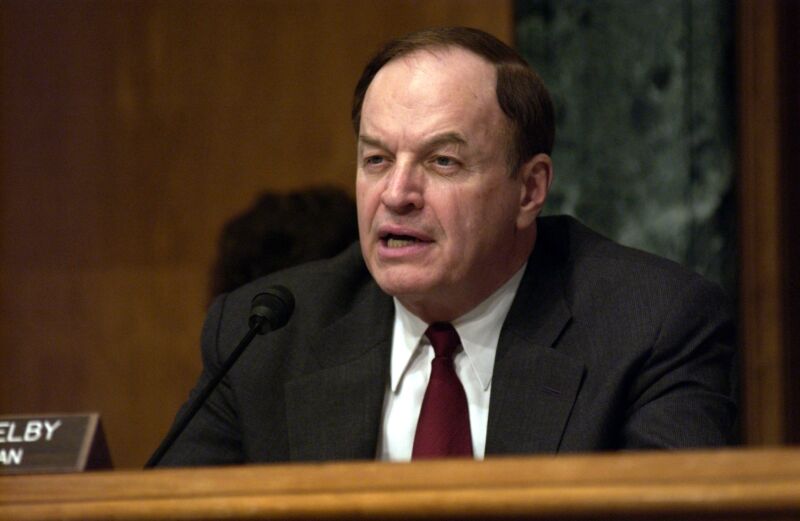
Enlarge / Retiring Sen. Richard C. Shelby, R-Ala. (credit: Scott J. Ferrell | Getty Images)
Nearly two years ago then-NASA administrator Jim Bridenstine made a remarkable appearance before a Senate committee to discuss US leadership in space. He was feeling the pressure to keep deadlines—something NASA struggles to do given the scope and complexity of its projects. At the top of Bridenstine's mind was remaining on track for a June 2020 launch of an uncrewed Orion spacecraft to the Moon.
"I think we as an agency need to stick to our commitment," he told a handful of senators in the committee meeting. "If we tell you, and others, that we’re going to launch in June of 2020 around the Moon, I think we should launch around the Moon in June of 2020." Then, referencing the commercial space industry, he added, "We have amazing capability that exists right now that we can use off-the-shelf in order to accomplish this objective."
This may not sound too dramatic, but in the realm of space policy and Congressional hearings, this was heresy. Congress had created the Space Launch System rocket in 2011, and forced it upon an unwilling White House. Now, they were being told the space agency did not actually need the large rocket to fly the very missions it was created for. Days later, Bridenstine took this heresy further when he suggested SpaceX's Falcon Heavy rocket could boost humans to the Moon.
No comments:
Post a Comment